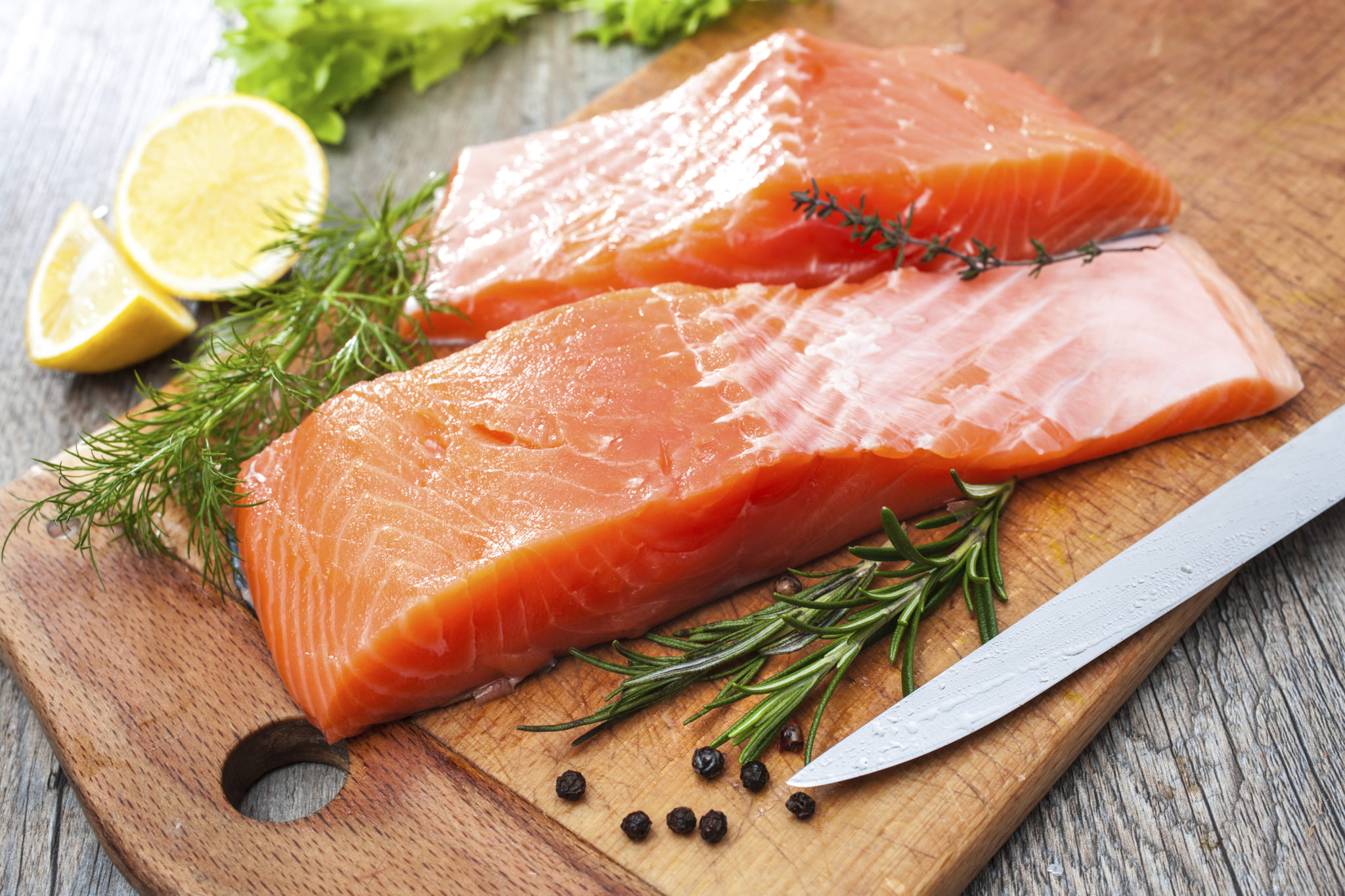
Consider for a moment the culinary applications of herbs. If used properly, they can be a great way to add fresh flavors to any number of dishes. Yet despite their prevalence in professional kitchens everywhere, herbs aren’t always utilized to their full potential. Whether you’re a sous chef in Austin or a line cook in Boulder, maximizing your use of herbs is only going to further your culinary career.
Here are four handy tips to master cooking with herbs:
1. Dried vs. fresh
Most herbs used in the kitchen are either dried or fresh. As CookSmarts pointed out, there are different uses for each variety of herb. As a rule, drying out herbs causes shift in flavor, often making it heavily concentrated. As such, there are certain herbs that just taste better fresh, like chives and basil. The concentration process, meanwhile, improves herbs like thyme and rosemary. Another consideration is cooking time for each dish. The subtlety of fresh herbs is better for dishes that take less time to cook, while dry dishes are best for dishes that need extra time.
2. The most popular herbs
There are several dozen common herbs used in kitchens everywhere. As a chef, it’s important you understand these popular add-ins (via Greatist):
- Cilantro: With a citrus taste, cilantro is perfect for dips like guacamole or salsa.
- Bay leaves: This sweet, nutty herb is a mild choice used in many soups and stews.
- Mint: Offering a gentle and refreshing taste, mint is multi-faceted and used in everything from mojitos to chocolate dishes.
- Dill: It might look like grass, but dill is a sweet herb made for dressings and pickling.
- Rosemary: This herb will infuse grilled meats, eggs or potatoes with a nice piney flavor.
- Oregano: With a taste that ranges from peppery to lemony, oregano is big in rubs and many Italian dishes.
- Ginger: For a great kick of spice, add ginger to almost any dish.
- Lemongrass: A zesty herb with spicy undertones, lemongrass is popular in marinades and most curries.
- Basil: With licorice flavor, this herb is great as a finishing touch on pasta.
- Thyme: The perfect all-purpose seasoning is celebrated for its extra woodsy flavoring.
3. Choosing herbs wisely
Herbs are powerful flavor enhancers, but they can also be sensitive and spoil somewhat easily. That’s why it’s important to recognize the best herbs. You want those with bright colors and a strong aroma; avoid leaves with black spots or that appear limp. As an extension of this, you need to properly store your herbs. All herbs should be trimmed upon purchase and then stored in an airtight container in the refrigerator. Only wash herbs as you’re about to use them; this will prevent them from spoiling prematurely.
4. Preparation is key
Using herbs properly is all about how you approach the preparation. When chopping herbs, it’s important to make sure they’re cut as finely as possible, as this will release more of the essential oils and create the most flavorful leaves. You’re not going to be concerned with having uniform pieces, so don’t be afraid to use scissors. And while a food processor can be an easy option, some chefs swear by knives. With a sharpened blade you can better control the size of each piece. Just always make sure you’re chopping herbs right before you begin cooking.



